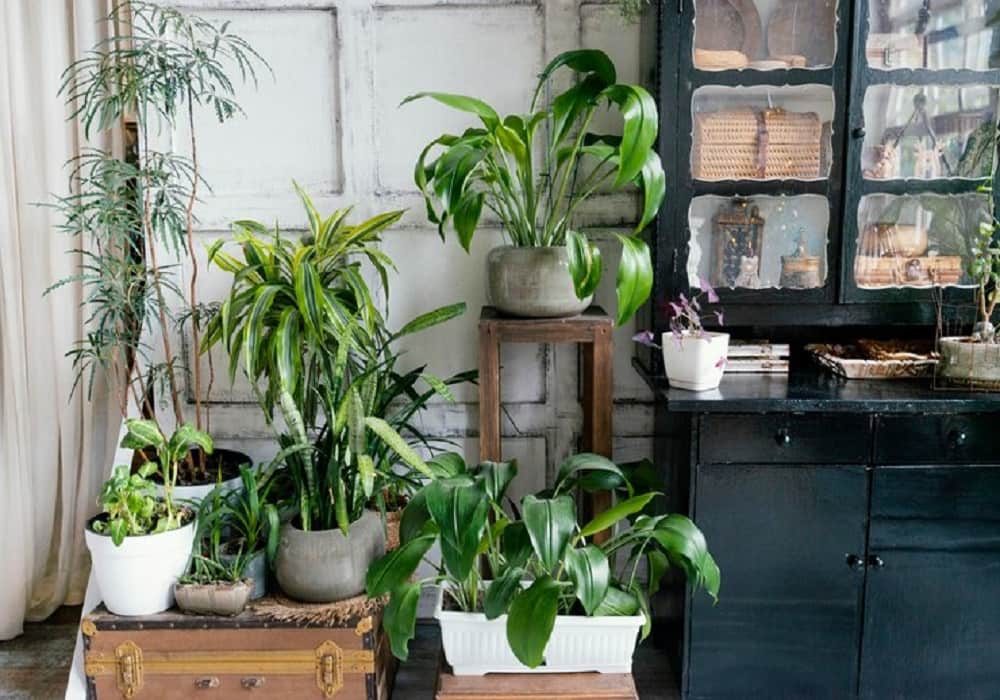Top 10 Gardening Tips for Beginners in India: Start Small, Grow Big
Gardening can be a rewarding and soothing pursuit, and for those starting out in India, it provides a great opportunity to connect with nature and cultivate fresh produce, herbs, and lovely flowers. However, gardening for beginners in India can feel challenging if you’re not sure where to start. This guide will provide you with essential tips for gardening as a beginner in India, helping you to begin small and expand gradually.
1. Start with the Right Location
Choosing the appropriate location is one of the most important steps for beginner gardeners in India. Ideally, select a site that receives plenty of sunlight, as most plants need at least 4-6 hours of sunlight daily. Conversely, if you are growing plants that thrive in the shade, a partially shaded area can be suitable.
Tip:
If space is limited, consider a balcony or terrace garden, which can be very effective. Many new gardeners in India have success with container gardening, as it offers flexibility and is easy to maintain.
2. Understand the Climate: Gardening For Beginners In India
India features a wide range of climates, from tropical in the south to temperate in the north. Before planting, it is essential to research your local climate to find out which plants will flourish. The selection of plants varies with the seasons, so it is critical to grow seasonal plants suited to your area for successful gardening.
Tip:
For beginners in India, consider planting easy-to-take-care-of plants like marigolds, spinach, and coriander, which tend to adapt well to Indian climates.
3. Prepare the Soil
Tip:
If you are gardening in pots or containers, choose a high-quality potting mix with good drainage to avoid waterlogging, which can harm the roots of your plants.
4. Start Small
While gardening can be thrilling, it’s important for beginners not to overwhelm themselves by planting too many things at once. Start with a small area or just a few pots, and gradually expand as you gain more experience and confidence.
Tip:
Begin with a small kitchen garden by planting herbs such as mint, basil, and curry leaves. These herbs are simple to grow and their quick yields will enhance your gardening confidence.
5. Choose Easy-to-Grow Plants
Selecting the right plants is critical for a positive gardening experience. For beginners in India, it is best to focus on easy-to-grow plants that require minimal maintenance.
Best Plants for Beginners:
Vegetables: Spinach, tomatoes, radishes, okra (lady’s finger), and green beans. Flowers: Marigolds, zinnias, and periwinkles. Herbs: Mint, coriander, and basil. These plants are resilient and well-suited for the Indian climate, making them ideal for newcomers gardeners.
6. Watering the Right Way
One of the most common mistakes beginners make is overwatering. Understanding the watering needs of various plants is essential. While some plants require consistent moisture, others prefer the soil to dry out somewhat between watering sessions.
Tip:
Water your garden in the early morning or late evening to limit swift evaporation during the heat of the day, especially in hotter regions of India.
7. Fertilizing Your Plants
Fertilizing helps your plants grow healthier and produce better results. As a beginner, use organic fertilizers such as compost, vermicompost, or cow manure, which are readily available in India and support sustainable gardening practices.
Tip:
Avoid excessive use of fertilizers, as they can harm your plants. Follow a monthly or bi-monthly fertilizing schedule that matches your plants’ needs.
8. Watch for Pests and Diseases
The warm climate in India can attract a variety of pests like aphids, caterpillars, and whiteflies, which can damage your garden. Keep a close watch on your plants and check for any signs of pest infestations or diseases. Neem oil is a natural remedy often used in India to help prevent pest problems.
Tip:
Use organic pest control methods such as neem oil sprays, garlic water, or introducing beneficial insects like ladybugs to manage pests in your garden.
9. Use Mulch
Mulching is the practice of covering the soil with organic materials such as dry leaves, straw, or grass clippings. This method aids in retaining soil moisture, reduces weed growth, and helps keep the soil cool during the hot summer months in India.
Tip:
Mulch is particularly beneficial in areas with extreme temperatures, such as Rajasthan, where the soil tends to dry out rapidly.
10. Accept Patience
Gardening requires time and patience, especially for those who are just starting out. Not every plant will thrive perfectly, and that’s perfectly normal. The key is to learn from each experience and gradually build your gardening knowledge and skills.
Tip:
Take the time to celebrate small achievements, whether it’s a single ripe tomato or a lovely flower. The more you practice, the better you’ll become at understanding your plants and their requirements.
Conclusion: Cultivate with Confidence
Beginning gardening for beginners in India doesn’t need to be overwhelming. By starting with small projects, choosing the right plants, and practicing good gardening habits, you can change your limited space into a flourishing green sanctuary. Whether you are cultivating flowers, vegetables, or herbs, these guidelines will help you on your journey to success. With time, your knowledge and confidence will grow, enabling you to take on more ambitious gardening projects and appreciate the wonders of nature right at home.






